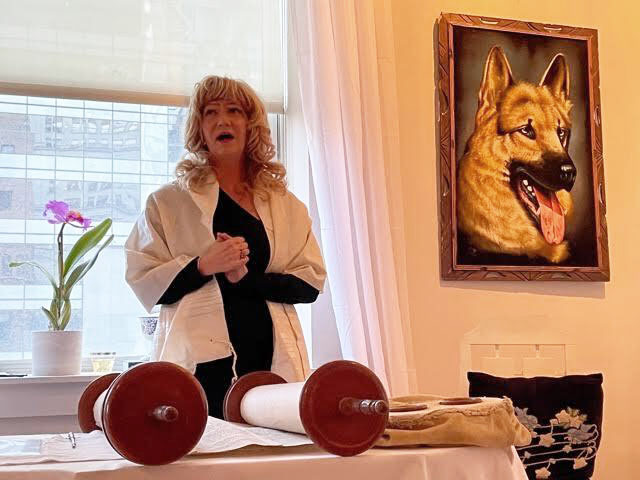
Why I had a Bat Mitzvah on my 60th birthday
Why would I, a completely non-religious, post-menopausal, fairly sane woman choose to learn to read Hebrew, memorize a Torah portion, study like crazy, and shell out a lot of dough to have a Bat Mitzvah ceremony on her 60th birthday? Well, it started out, like so many things I do, with the hope that a performative “fuck you” might bring comfort to a wounded heart. I was scared and angry about rising anti-Semitism and very hurt by the bystanders. I wanted to act. I wanted to assert my identity as a Jew and formally throw in my lot with the beleaguered, resilient Jewish people. Anyway, that’s how it started.
My parents were not religious. They didn’t go to Temple, even on the High Holy Days. We had Christmas trees alongside Easter baskets. Yet I knew our family was Jewish and that it was an indelible part of who we were. I knew it meant there weren’t many of us—in my school, in stories in books, on TV or in movies. I knew it meant my mom’s family had been dragged from their homes, stripped naked, crammed into box cars, tortured and gassed to death. When I was a child, the Holocaust wasn’t “history” to me, like the assassination of Abraham Lincoln or the horrific inhumanity of slavery that had been a reality a century before in the place where I grew up. The Shoah happened when my mother was a little girl, like me. All because her family was Jewish, like we were.
Judaism doesn’t care what you believe, it cares how you behave.
Though completely secular, my parents grasped the fundamental aspect of what it means to be a Jew. Judaism doesn’t care what you believe, it cares how you behave. “Deed over creed,” so to speak. (Once, when asked if a Jew needed to believe in God, a rabbi answered, “Yes, one or fewer.”) The idea of a less than warm and fuzzy Angry-Sky-Daddy deity; (“he sees you when you’re sleeping, he knows when you’re awake”) who answers or doesn’t answer prayers was off-putting, to say the least. The Torah (the first five books of the Bible) just seemed like a compilation of disturbing stories and interminable, nonsensical rules. Plus, there’s an awful lot in there to make a vegetarian feminist cringe.
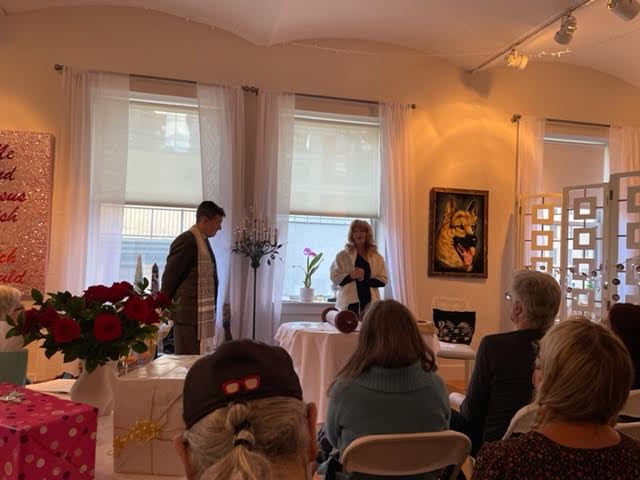
But, in response to antisemitism in the world and in my own family, I decided to double down. To a lot of people, my Jewish-ness might have been considered iffy anyway. In addition to being raised in a completely secular household, I’m adopted and my birthmother was a gentile. My Jewish cred consisted mostly of using Yiddish now and then, having lots of opinions, and feeling Jewish. But what does “feeling Jewish” even mean? That’s what I needed to figure out.
To get Bat Mitzvah-ed* meant I’d have to study and to learn to read Hebrew, since the “Bat Miztvahee” reads, in Hebrew, a portion of the Torah out loud to the assembled guests. (And when I say “read,” it’s really more of a singsong chant, as certain words and syllables are stressed.) For a middle-aged woman during COVID, who didn’t belong to any synagogue, it meant I’d be mostly doing this all on my own. It also meant paying for this all on my own — hiring a rabbi and a caterer, and of course, buying a new dress. (Vivienne Westwood, from eBay. Like a smart Jewess is going to pay retail. Oy.)
Yes, there are prayers and holidays and any number of rituals a Jew can choose to adopt, but the only real requirement is that whole mensch thing.
To my complete surprise, I discovered that all my preconceptions about Judaism were wrong. First, it is more of a philosophy than a religion, in the traditional sense of the word. The only real requirement, as Rabbi Mark Golub remarks so often in his “Jewish 101” series on JBS, is that you conduct yourself as a kind, loving person, or as we say in Yiddish, a “mensch” — a good human being. Yes, there are prayers and holidays and any number of rituals a Jew can choose to adopt, but the only real requirement is that whole mensch thing. Being good to other people is THE foundation of what it means to be Jewish. When asked to identify the Torah’s most important, most “Jewish” line, without hesitation Judaism’s rabbinic all-star, Rabbi Akiva said, “To love your neighbor as yourself.” (Leviticus 19-34). (It’s also my understanding that this is the central message of perhaps the world’s most famous Jewish rabbi, a man named Jesus.)
Another thing that really speaks to me about Judaism is its love of questioning, debating, and its expectation to evolve with the times. While the Torah is a central component, it’s the sages’ commentary on the Torah that is the cornerstone of Judaism. Biblical tales are seen as prose, or parables, not meant to be taken literally but to be interpreted. And then those interpretations are commented upon, disagreed with, and expanded upon. And then commented upon, disagreed with, and expanded upon some more. All this is done in the Talmud, Judaism’s massive scholarly text. Interpretations about what inferences we might draw from tales in the Torah are encircled by further commentary, which is then encircled by further commentary. As someone who loves philosophy, endless debates and nitpicking arguments, I felt right at home.
Though Judaism does not believe in the traditional anthropomorphic narcissist with the beard, it does have a lot to say about the Divine’s role in the world. Rather than looking to supernatural miracles, the perspective is that everything is a miracle, and one just needs to recognize this. While Judaism’s G-d is much more abstract than that of other religions, and the metaphysics can get pretty hairy, this is an avenue I hope to delve into as I get older and look for more meaning and purpose in what are too-often a human being’s “declining years.” I wasn’t down with creepy Bible stories but this concept of a kind of Infinite Intelligence that infuses all matter, all life, and our deeds of care and kindness was something I could get behind. Physicist Arthur Eddington once said, “Something unknown is doing we don’t know what,” and my Bat Mitzvah studies taught me that this “something” asks that I be its partner.
As someone who lived an entirely secular life but always identified as Jewish, my decision to go through the Bat Mitzvah process had me asking why, without any practices or beliefs, I had “felt Jewish” all these years.
Still, none of this addresses my initial question: As someone who lived an entirely secular life but always identified as Jewish, my decision to go through the Bat Mitzvah process had me asking why, without any practices or beliefs, I had “felt Jewish” all these years. Upon reflection, I realized a lot of it was pride. Jews have endured millennia of massacres, culminating in the horrors of the Holocaust less than a century ago, yet they continue to give the world so much. Though tiny in number, Jewish people have made outsized contributions to the arts, public service, social justice, and science. Few people realize that Jews are only .02% of the world’s population but account for 22% of Nobel Prize winners. Another example: though only 2% of the population of America, Jews were more than two-thirds of the whites participating in the 1961 Freedom Rides. Jews walk their talk.
Still, while there was so much to be proud of, I had to confess to myself and others that a lot of that pride was kept hidden. A recent poll showed that the dangerous surge in anti-Semitism has seen nearly half of American Jews reporting changing their behavior in the past year, hiding their Jewish identity in fear of reprisal — and I was one of them. In fact, for most of my life, I was afraid to advertise the fact that I was Jewish. I was happy to change my name from Feldman to Laite, so I could avoid the lens so many consciously or unconsciously apply to Jewish people. Then I heard this story:
An Orthodox rabbi went to Russia to comfort people victimized by the country’s rising anti-Semitism. A young woman went up to him crying, telling him whenever she goes out in the street people point at her and yell, “Yevrey! Yevrey!” (Russian for Jew). The Rabbi said to her, “When I walk out in the streets, with my big black hat, payess and tallis, no one yells that at me. Do you know why?” The woman shook her head. “It’s because they know that if they call me a Jew, I will take it as a compliment.”
Going through the Bat Mitzvah process in middle age, I had the wisdom and yearning to fully grasp and fully take in what I was learning.
Though it was anti-Semitism and the apathy surrounding it that instigated my desire to affirm my identity as a Jew, I ended up finding more than fighting. Had I done my Bat Mitzvah ceremony as an adolescent, it would have been an obligation, homework, and I’d have gone on my merry irreligious way toward the usual teenage ADD years. But going through the Bat Mitzvah process in middle age, I had the wisdom and yearning to fully grasp and fully take in what I was learning. To any Jewish women who didn’t have a ceremony decades ago, I wholeheartedly recommend the experience. It brought me closer to my Jewish identity in ways I’d never had imagined. I’m now Shomer Shabbat (I observe the Sabbath) and I’m joining a synagogue this fall. I plan to continue to read, learn, and of course, debate and argue. But most important, on my sixtieth birthday, with the ceremony’s ancient words and rituals, I said to a small group of beloved friends, to those torch-bearing motherfuckers in Charlottesville, and especially to myself, that I choose to pay myself this huge compliment: I am a Jew.
*Fun fact: No one actually gets “B’nai Mitzvahed.” In Judaism, a male is automatically a Bar Mitzvah, a “son of the commandments” when he turns 13, and a girl is automatically a Bat Mitzvah, a “daughter of the commandments” when she turns 12. No ceremony is needed. What it all means is that at those ages you are now officially expected to act responsibly. In other words, you are expected to behave yourself without being told; you have the ethical and moral obligations and responsibilities that come with being an adult. Because girls mature sooner than boys, she’s a Bat Mitzvah one year earlier.
Sorry, the comment form is closed at this time.

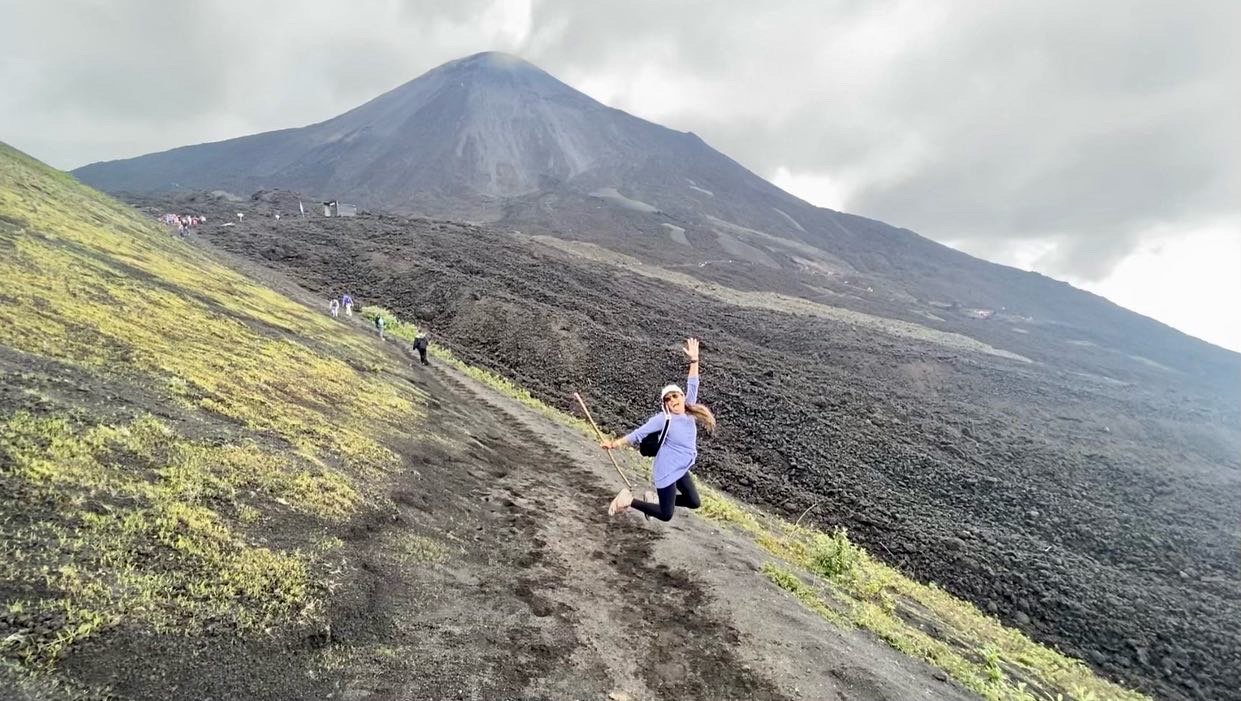
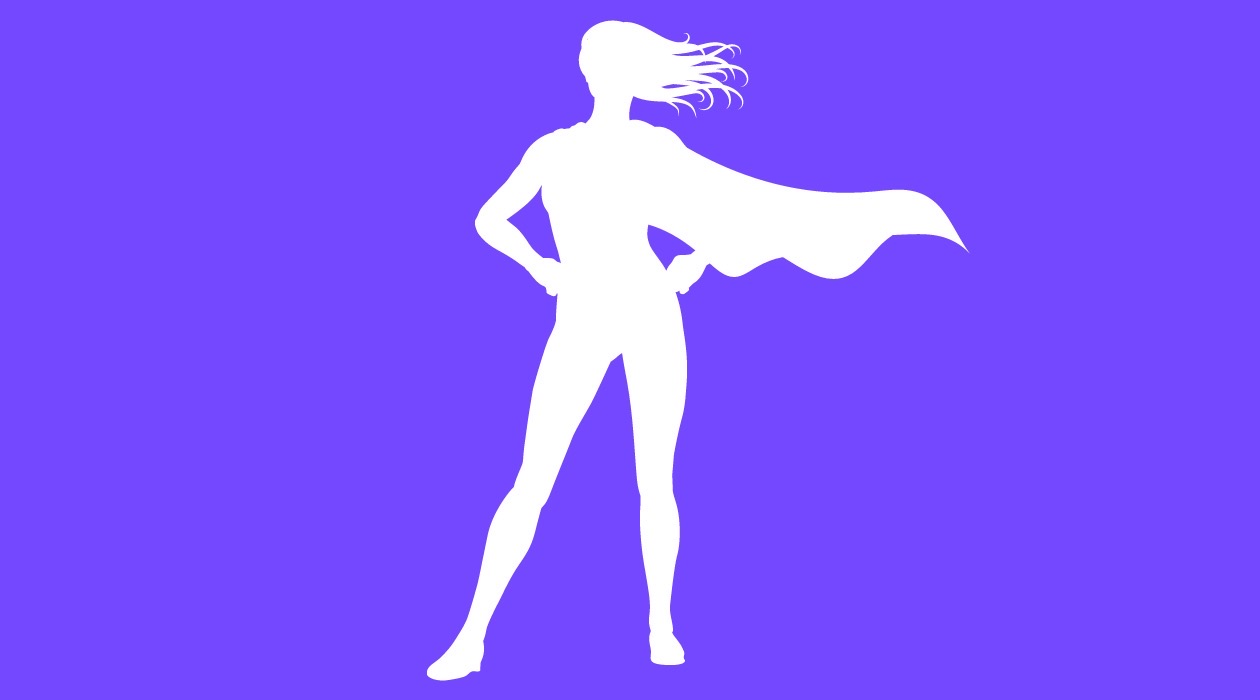
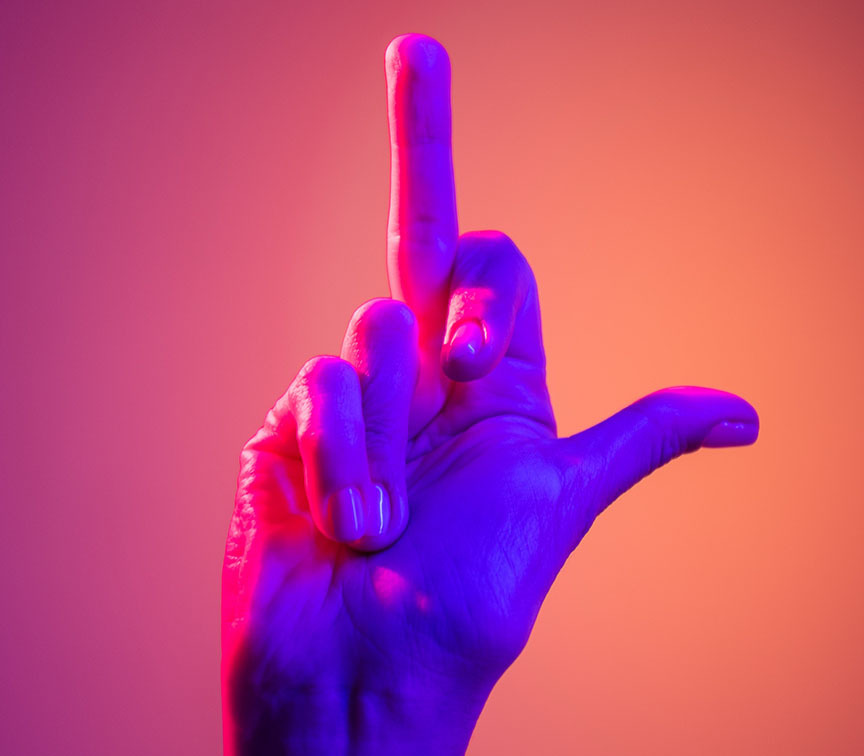
Frank Burrows
Extraordinary piece about an extraordinary event in your life. Wonderful.
Karen Bryant Shipp
Outstanding, Dixie. Really enjoyed reading this piece. I know why my brother John raves about you! I hope one day to meet you. Seems like we might have a lot to talk about.
Dixie
Thank you, Karen. I cannot wait to meet you!
Lucy R.
I love that you have said yes to partnering with this something unknown. All of life is a little bit better with you and all partners in it, Dixie Laite!
Valerie
Amazing, Dixie! I love the way you encapsulated your thinking. Mazel tov!